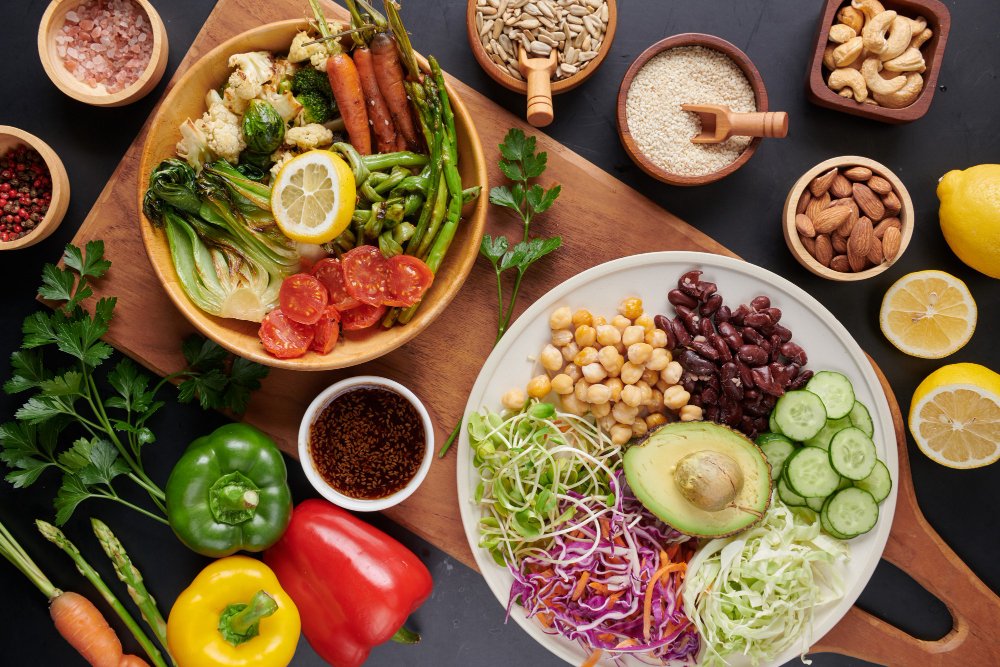In today’s world, where the cost of living is increasing rapidly, people often face a dilemma between spending money on medicines or food. While both are essential for a healthy life, individuals often have to prioritize one over the other due to financial constraints. In this blog post, we will discuss the importance of both food and medicine and how to balance expenses on them.
Medicines
Medicines are an essential part of healthcare, and they play a crucial role in treating and managing various health conditions. However, the cost of medicines can be a significant financial burden on individuals and families. The price of prescription drugs has been increasing in recent years, making it difficult for some individuals to afford them.
In some cases, individuals may be forced to choose between buying their prescribed medicines or paying for other essential expenses, such as rent, utilities, or groceries. This can lead to negative consequences, such as not taking prescribed medications, which can worsen health conditions.

Food
Food is a basic necessity of life, and it provides the essential nutrients that our body needs to function properly. A balanced and healthy diet is essential for good health and can prevent various health conditions. However, the cost of healthy food options can be higher than processed and fast food, making it difficult for some individuals to afford a healthy diet. When individuals face financial constraints, they may opt for cheaper and less nutritious food options, which can lead to an unhealthy diet and negative health consequences, such as obesity and malnutrition.

Balancing Food Expenses
It’s essential to balance expenses on both medicines and food to maintain good health. While it’s important to take prescribed medications as directed, individuals can explore options to lower the cost of medications, such as purchasing generic brands or using discount programs. Additionally, individuals can discuss with their healthcare provider if there are any alternative treatments that may be more affordable.

Regarding food expenses, individuals can choose affordable healthy food options, such as fresh produce, grains, and beans. Planning meals in advance and buying in bulk can also save money in the long run. Additionally, individuals can explore local food banks or programs that offer free or reduced-price healthy food options.
Conclusion
In conclusion, balancing expenses on medicines and food is essential for maintaining good health. While the cost of medicines and healthy food options can be a financial burden, individuals can explore options to lower costs and prioritize their health. Investing in good health today can lead to better health outcomes and reduce healthcare costs in the long run.




